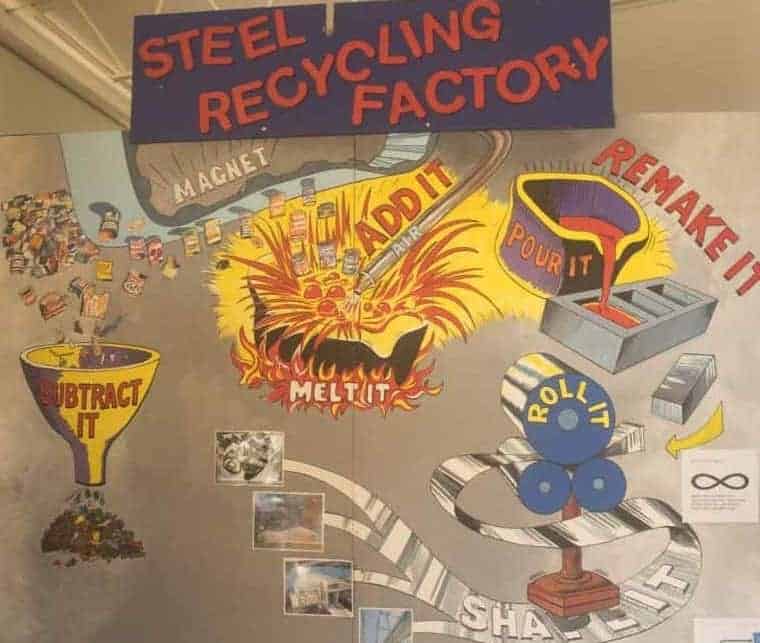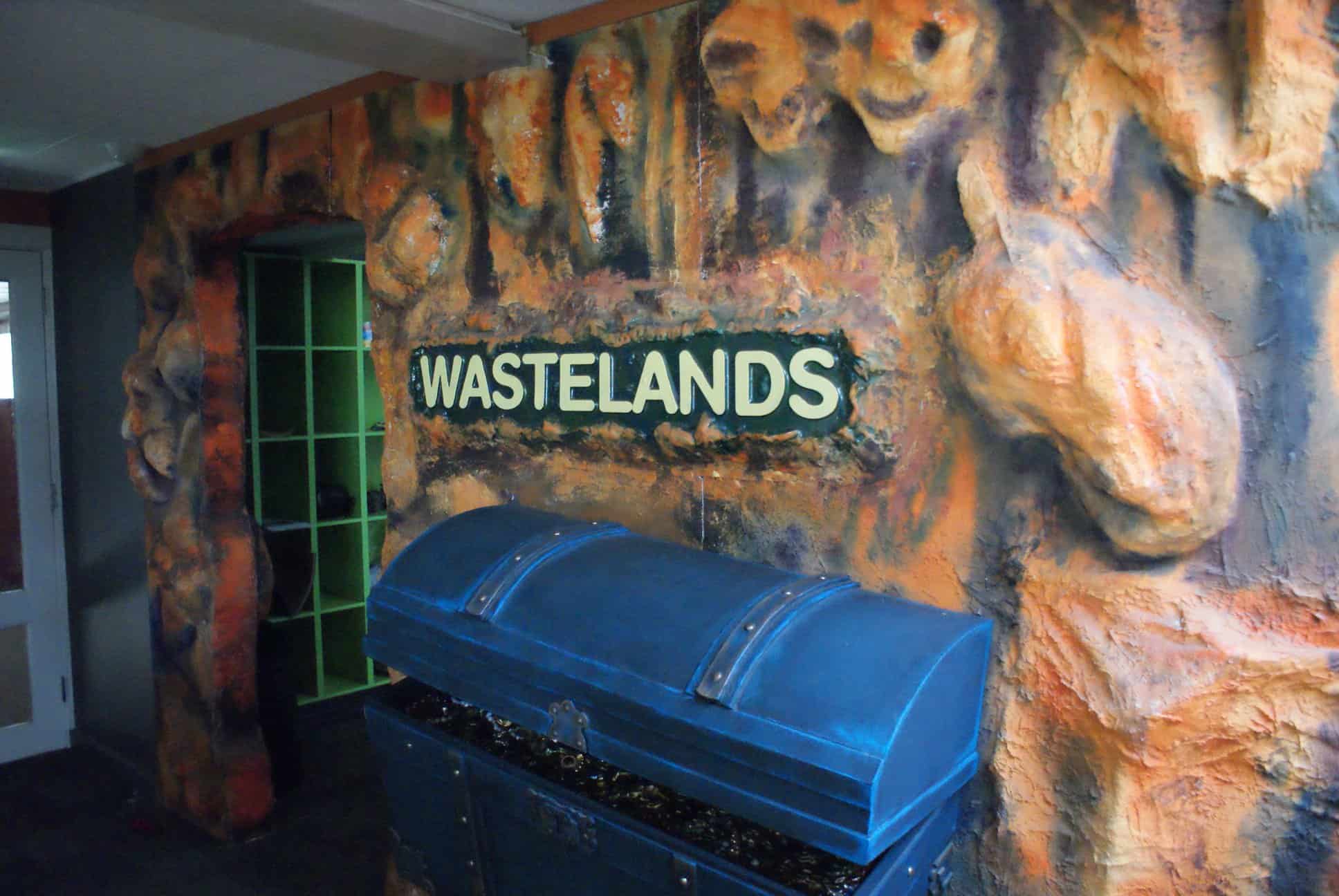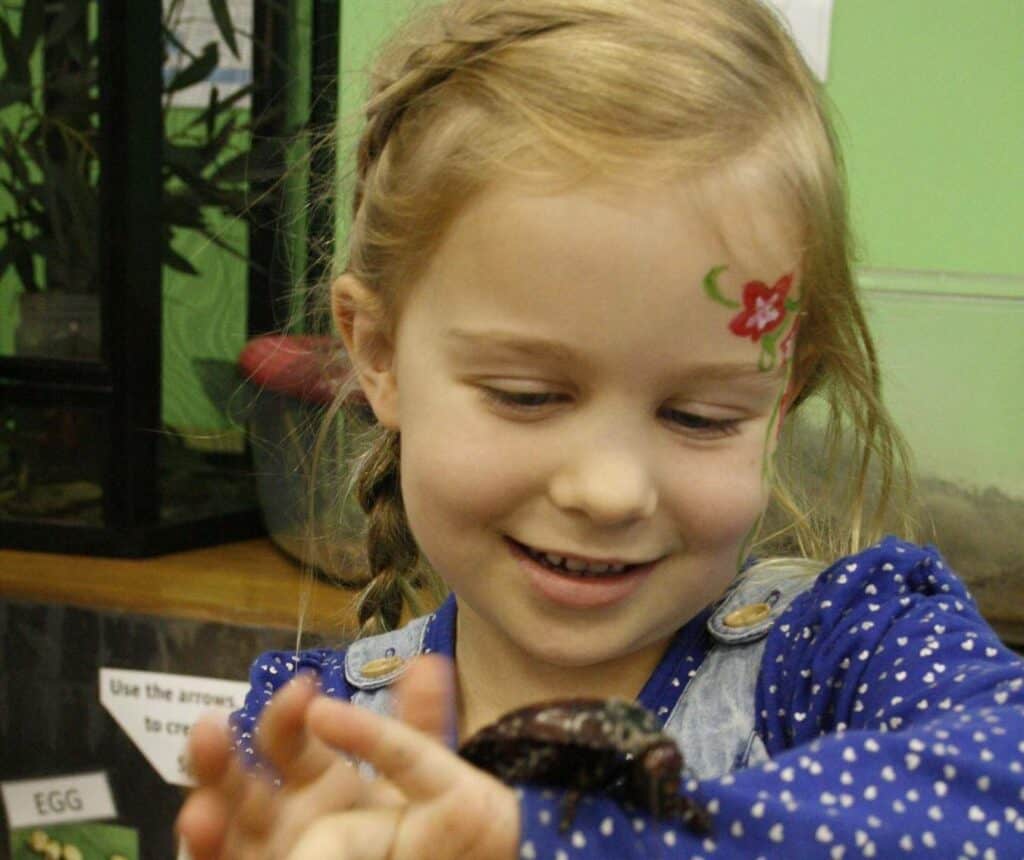Earth’s Treasures
-
Earth’s resources
-
Worms & Compost
-
Properties of materials
-
Waste Minimisation
Excursion Program Overview
The world around us contains treasure – not Pirate treasure – but what we call Earth’s Treasures. Everything we will ever need, use or make comes from one of these treasures or natural resources, that are of cause in limited supply.
This program explores these treasures and what we can do to look after them. We embark on a journey of discovery as we explore every day materials such as glass, paper, aluminium, steel and plastic, identify which natural resource they come from and challenge current waste management behaviour at school and home to ensure a sustainable future.
This program can be tailored to suit different levels of understanding, from topic introduction through to topic consolidation.
Program Options and Inclusions:
There are two options for this program. The 2 hour program contains the first 3 activities. The 4 hour program includes all five activities.
1. Wastelands – Treasure Chest of Resources
This activity explores our wastelands room to uncover Earth’s Treasures – where resources come from and how they are recycled. By the end of this module, students will understand that our common, everyday resources are derived from natural resources (and what those resources are) which are limited and need to be used wisely.
2. Recycling Relay, Waste Wise Shopping and Waste Free Lunches
Students examine common items and decide which can be recycled and determine which are single use that end up in landfill. We explore nude food and the 5Rs inverted pyramid (Rethink, Refuse, Reduce, Reuse, Recycle) to identify the various points at which waste can be reduced.
3. Giant Compost Bin & Worms
If you hold a handful of soil, there will be more micro-organisms in there than the number of people who have ever lived on the planet. Students step through our ‘Incredible Shrinking Machine’ to immerse themselves in our Giant Compost Bin where they meet minibeasts and discover the vital role they play to reduce organic waste to provide fertilizer and valuable nutrients to our depleted soils. They then meet worms up close and personal – to discover what they eat, how much they can eat, how they breath, move around and break down their food to be one of earth’s most valuable recyclers providing healthy and abundant micro-organisms to our soil!
4. Recycling and the Alternatives
This drama based activity follows the different journeys of an aluminium can (and the bauxite its made from) – depending on which bin it is put in. It’s either recycled forever or buried in landfill – yikes, what a waste!
5. Habitat Exploration – (Mini Beasts, Plants and Birds)
Students have the opportunity to investigate habitats available within the grounds of our Sustainability Centre and collect samples of the species present. They closely examine the invertebrates they collected with the aid of a video microscope in our specialised room known as ‘The Hollow’ and are introduced to the important role they all play in nature. Our resident mini beast classroom helpers include stick insects, a burrowing cockroach, rainforest scorpion and a huntsman spider.
Both programs conclude with:
Call to Action
Students are empowered to create positive change around waste reduction and our shared environment.
Restrictions: More than 4 classes can be accommodated by special request; only available during a 4 hour program.
Certificate and Conservation Code to reinforce learnings
Post event, schools will be issued a Certificate of Participation and Conservation Code for each class which students are encouraged to sign and hang in the classroom as a reminder of their learnings and their commitment to protect the environment.
We encourage schools to connect with us a few weeks or months after school excursions to share behaviour changes made by the students or activities undertaken as a result of their learnings so we can share success stories to inspire others, monitor the ongoing impact of our programs and make relevant updates or changes if required.
Victorian Curriculum Links:
SCIENCE – SCIENCE UNDERSTANDING
Science as a human endeavour
– People use science in their daily lives (VCSSU041)
Biological Sciences
– Living things have a variety of external features and live in different places where their basic needs including food, water and shelter are met (VCSSU042)
– Living things grow, change and have offspring similar to themselves (VCSSU043)
Chemical Sciences
– Objects are made of materials that have observable properties (VCSSU044)
– Everyday materials can be physically changed or combined with other materials in a variety of ways for particular purposes (VCSSU045)
Earth Sciences
– Observable changes occur in the sky and landscape; daily and seasonal changes affect everyday life (VCSSU046)
– Earth’s resources are used in a variety of ways (VCSSU047)
SCIENCE INQUIRY SKILL
Questioning and Predicting
– Respond to and pose questions, and make predictions about familiar objects and events (VCSIS050)
Planning and Conducting
– Participate in guided investigations, including making observations using the senses, to explore and answer questions (VCSIS051)
Analysing and Evaluating
– Compare observations and predictions with those of others (VCSIS054)
Communicating
Represent and communicate observations and ideas about changes in objects and events in a variety of ways (VCSIS055)
GEOGRAPHY: Geographical Concepts and Skills – Place, space and interconnection
– Describe and explain where places and activities are located (VCGGC058)
Geographical Knowledge – Places and our connection to them
– Reasons why some places are special and some places are important to people and how they can be looked after (VCGGK069)
DRAMA: Levels 1 and 2 – Explore and Express Ideas & Drama Practices
– Explore roles, characters and dramatic action in dramatic play, improvisation and process drama (VCADRE021)
– Use voice, facial expression, movement and space to imagine and establish role and situation (VCADRD022)
The Victorian Curriculum F-10 content elements are © VCAA, reproduced by permission. Victorian Curriculum F-10 elements accurate at time of publication. The VCAA does not endorse or make any warranties regarding this resource. The Victorian Curriculum F-10 and related content can be accessed directly at the VCAA website.



